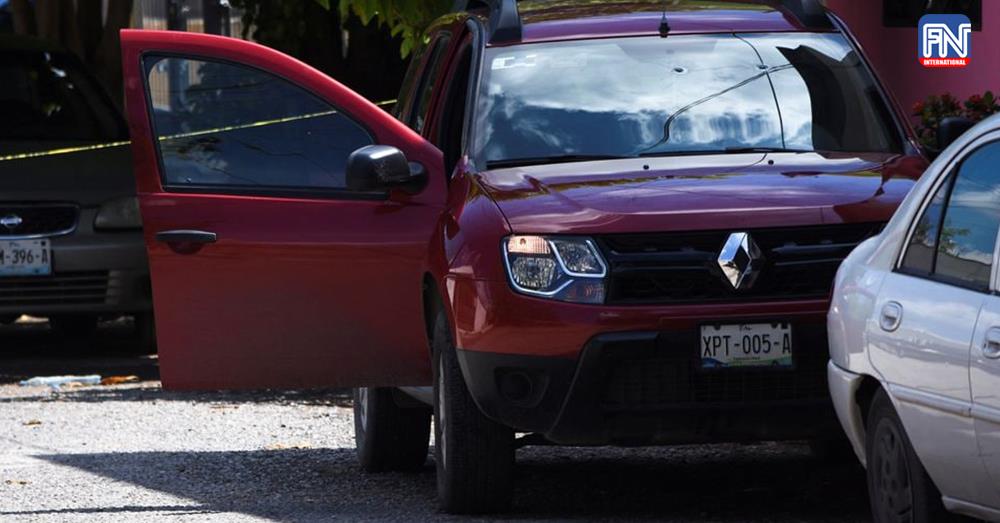MEXICO CITY, June 29 (Reuters) - A Mexican reporter was killed Wednesday in one of the country's most violent northern border states, authorities and his employer said, the latest in a series of attacks in one of the world's most dangerous countries for journalists.
Antonio de la Cruz, a journalist for local newspaper Expreso, was shot and killed in his home in the Tamaulipas state capital Ciudad Victoria, the paper said.
His death is the second of an employee at the outlet following his colleague Hector Gonzalez's murder in 2018, according to human rights organization Article 19.
Tamaulipas is a Gulf coast state, just south of Texas, where violent drug cartels fight over lucrative smuggling routes. Local journalists who focus on crime and corruption are especially vulnerable.
Expreso has been the target of several attacks in the past, Article 19 said. In 2012, a car bomb exploded in front of the paper's offices, and in 2018, a severed head was left in a cooler outside.
"It's believed that the attack was a message of intimidation and a threat against all (journalists) in Tamaulipas," Article 19 regional director Leopoldo Maldonado told Reuters.
De la Cruz's death follows the murders of at least eight other media workers in Mexico this year as a result of their journalism, according to Article 19.
The journalist's daughter was also injured in the attack. Tamaulipas Governor Francisco Garcia Cabeza de Vaca said on Wednesday afternoon she was in critical condition.
"We're not going to stop until we find those responsible, and we're going to punish them with the full weight of the law," the governor said.
The Tamaulipas attorney general's office said in a news conference late Wednesday the gun used to kill de la Cruz was a .40-caliber pistol, which is used exclusively in the country by the army. It said it had not ruled out the involvement of organized crime, however.
De la Cruz's family members have been enrolled in the state's protection program, Attorney General Irving Barrios said.
Violence against the media has skyrocketed during Mexican President Andres Manuel Lopez Obrador's administration, according to a report published by Article 19.
